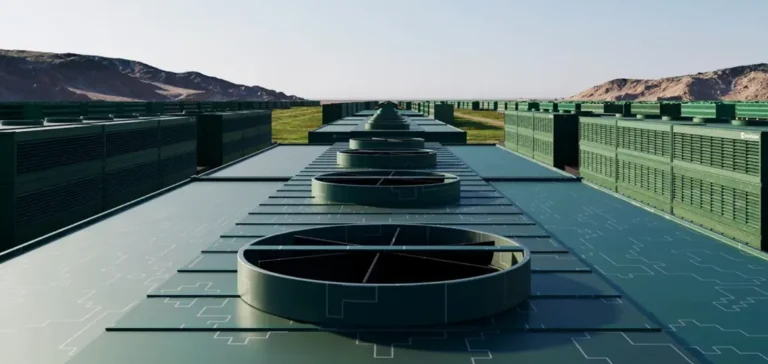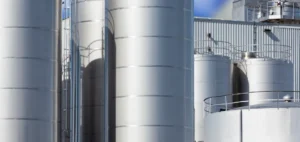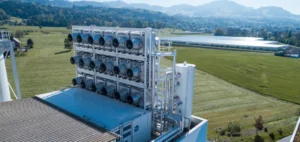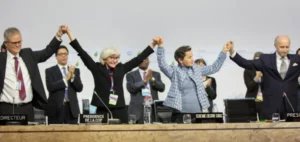Green Plains, a U.S.-based agro-industrial company specialising in biofuels, announced the operational launch of its carbon capture and storage (CCS) system at its York facility in the state of Nebraska. The installation enables the transfer of biogenic carbon dioxide to the Trailblazer pipeline, operated by infrastructure company Tallgrass, for permanent geological sequestration.
This operational start-up marks a key milestone in the company’s industrial deployment plan. Green Plains is set to expand this technology to two additional facilities located in Central City and Wood River, also in Nebraska, with commissioning scheduled for the fourth quarter of 2025.
A multi-site industrial programme underway
The equipment installed in York forms part of a broader strategy to integrate carbon capture into the company’s entire biofuel production chain. The aim is to reduce the carbon intensity of its operations while generating additional revenue through the sale of carbon credits in regulated markets.
The Trailblazer pipeline, designed to transport carbon dioxide across several U.S. states, connects production facilities to underground storage zones. Green Plains has not disclosed details regarding CO₂ volumes injected or financial projections related to this initial deployment.
Target: accelerating sequestration capacity
With this deployment, the company confirms its intent to industrialise carbon capture across its existing facilities. The York project represents the first phase of a strategy to be extended to other sites, with the ambition of significantly increasing biogenic CO₂ storage capacity in the coming years.
“This is the result of strong planning and disciplined execution,” said Chris Osowski, Chief Executive Officer of Green Plains. He highlighted the team’s commitment to strengthening the company’s industrial platform, without providing a timeline for developments beyond Nebraska.






















